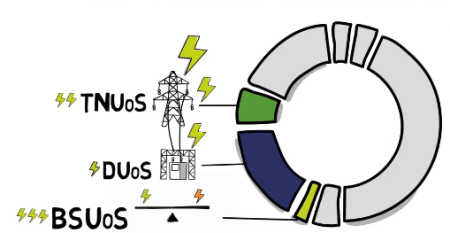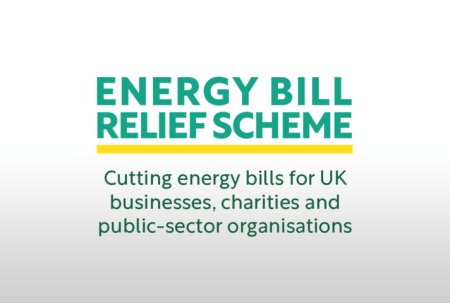
What the Energy Bills Discount Scheme means for businesses
With the volatility of prices that we’ve experienced in the last year and the energy markets looking uncertain for the foreseeable future, we welcome the confirmation from government that they will continue to provide support for businesses with their energy bills when the Energy Bill Relief Scheme comes to an end on 31 March 2023.
The support provided through the Energy Bill Relief Scheme has been incredibly important for many businesses and the continuation of government support will provide some reassurance. Following the announcement of the Energy Bills Discount Scheme, we have summarised our current understanding of how the scheme will work below.
Who’s eligible for the Energy Bills Discount Scheme?
As with the current scheme, all businesses and public sector organisations will be eligible for support. The support will apply to any fixed contracts agreed on or after 1 December 2021, as well as to deemed, variable and flexible contracts.
How does the Energy Bills Discount Scheme work?
The Energy Bills Discount Scheme will run for 12 months and apply for consumption between 1 April 2023 and 31 March 2024. Organisations will receive a £/MWh discount on their energy bills and do not need to take action to receive this universal level of support – the relevant price reduction will be applied automatically to bills.
Businesses will only be provided a discount when the wholesale prices go over a certain price threshold and there will be a limit to the level of discount a business can receive. These parameters have been set by government as:
- Electricity: a maximum discount of £19.61/MWh and discounts being applied when the wholesale price goes above £302/MWh
- Gas: a maximum discount of £6.97/MWh and discounts being applied when the wholesale price goes above £107/MWh
The amount of discount businesses receive will be calculated by taking the difference between the relevant wholesale price and the price threshold. So, if for example, an electricity contract’s wholesale price is £320/MWh, that business would be entitled to a discount of £18/MWh.
How does the Energy Bills Discount Scheme impact Energy and Trade Intensive Industries?
It is recognised that certain sectors require additional support. These sectors, referred to by government as Energy and Trade Intensive Industries, will receive a higher level of support through the Energy Bills Discount Scheme.
- Electricity: a maximum discount of £89/MWh and discounts being applied when the wholesale price goes above £185/MWh
- Gas: a maximum discount of £40/MWh and discounts being applied when the wholesale price goes above £99/MWh
Businesses within the relevant sectors will need to apply for this higher level of support. The details on how to apply for this have not yet been published, but a list of the sectors that are eligible as Energy and Trade Intensive Industries are available.
Guidance on the Energy Bills Discount Scheme has been published on the government website.
We will ensure the Energy Bills Discount Scheme is implemented promptly and work closely with our customers to help them understand the support available to their business. EDF’s experts are on hand to support our customers in navigating the challenging market conditions we’re facing.
We will continue to work closely with government and keep our customers informed on any updates.
Post a comment
Related articles

Targeted Charging Review (TCR) - getting to grips

